In the world of blockchain and cryptocurrencies, Ethereum has emerged as a revolutionary platform that enables the creation of various digital assets, including tokens. These tokens play a crucial role in decentralized applications (DApps), facilitating transactions, ownership, and interactions within the Ethereum ecosystem. Among the different types of tokens, ERC-20 and ERC-721 stand out as prominent standards, each serving unique purposes and unlocking new possibilities in the blockchain space.
Tokens on the Ethereum blockchain are digital representations of value that can represent assets like cryptocurrencies, real-world assets, ownership in a project, and more. These tokens are programmable, allowing developers to define specific functionalities, such as distribution, security, and utility.
What are ERC-20 Tokens?
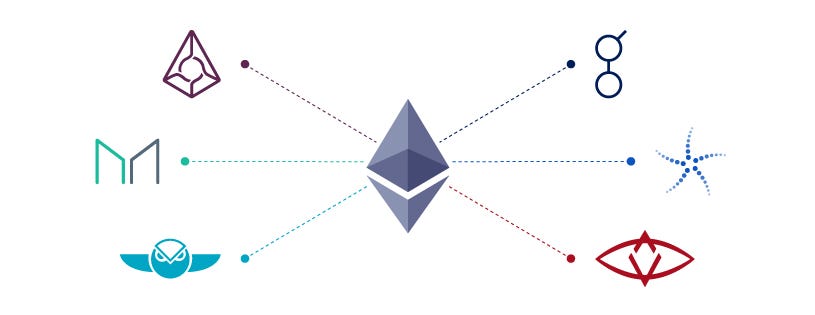
ERC-20 tokens are the most common type of Ethereum tokens. They adhere to the ERC-20 standard, which defines a set of rules and functions for tokens to be compatible with the Ethereum ecosystem. These tokens are fungible, meaning each unit is interchangeable with another, and they can be used for various purposes such as fundraising through Initial Coin Offerings (ICOs), facilitating transactions, and more.
ERC-20 tokens bring several benefits to the blockchain ecosystem. They enable seamless interaction with smart contracts and DApps, ensuring compatibility across various platforms. Additionally, ERC-20 tokens provide liquidity to projects by being listed on cryptocurrency exchanges, allowing holders to trade them easily.
Exploring ERC-721 Tokens
In contrast to ERC-20 tokens, ERC-721 tokens are non-fungible tokens (NFTs). Each ERC-721 token has a unique identifier, making them indivisible and distinct. This uniqueness is the reason behind their widespread use in digital collectibles, art, virtual real estate, and more.
The uniqueness of ERC-721 tokens grants them inherent value, making them suitable for representing ownership of rare items or art pieces. This uniqueness, combined with the transparency and immutability of the blockchain, adds a layer of authenticity and scarcity to digital assets. While ERC-20 and ERC-721 tokens have paved the way for innovation, the Ethereum ecosystem continues to evolve. New token standards like ERC-1155 have emerged, offering a combination of both fungible and non-fungible traits in a single contract. This opens up possibilities for more efficient and flexible tokenization.
Use Cases of Token Standards
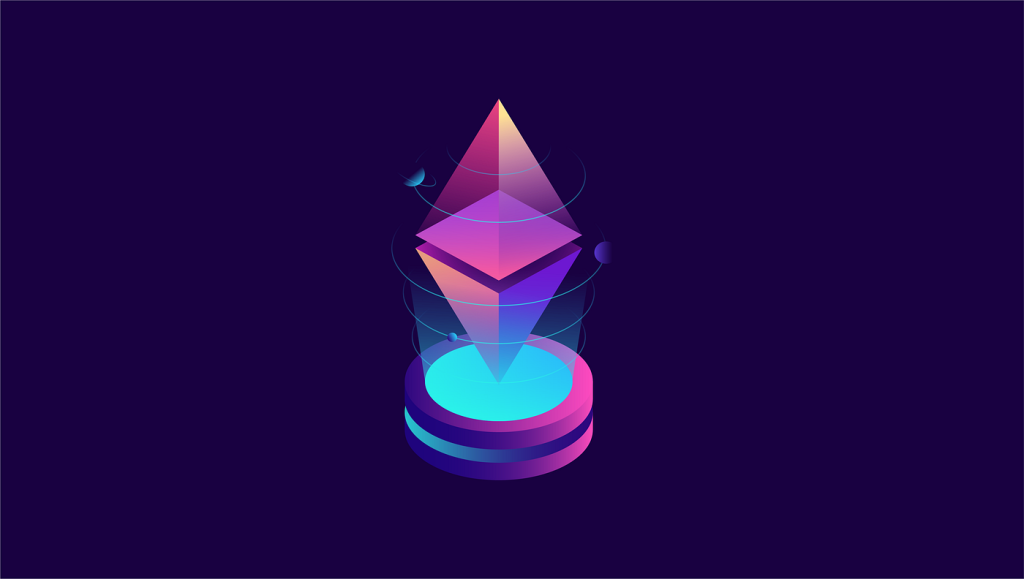
Token standards have found applications in various industries. In the gaming sector, tokens are used for in-game items and rewards. Real estate and supply chain management benefit from tokens representing ownership and tracking goods through the blockchain. Blockchain’s ability to tokenize real-world assets revolutionizes traditional markets. Assets such as real estate, stocks, and commodities can be fractionalized and traded 24/7 on blockchain platforms, enhancing accessibility and liquidity.
NFTs and Digital Collectibles
NFTs, based on standards like ERC-721, have taken the world by storm. Digital art, collectibles, and virtual experiences are being tokenized, creating new avenues for creators and collectors to engage in a decentralized economy. Despite their potential, Ethereum tokens face challenges such as scalability, energy consumption, and regulatory uncertainty. Addressing these issues is crucial for widespread adoption and long-term success.
As blockchain technology advances, achieving interoperability between different token standards and blockchain networks becomes a focus. Projects like Polkadot and Cosmos aim to create bridges that connect various blockchains, enabling seamless asset transfer and communication.
Ethereum tokens, especially ERC-20 and ERC-721, have transformed the way we perceive ownership, value, and digital assets. These token standards have unlocked a world of possibilities, from facilitating transactions to enabling the creation of unique digital collectibles. As the blockchain ecosystem continues to evolve, token standards will play a pivotal role in shaping the future of decentralized finance, gaming, art, and beyond.
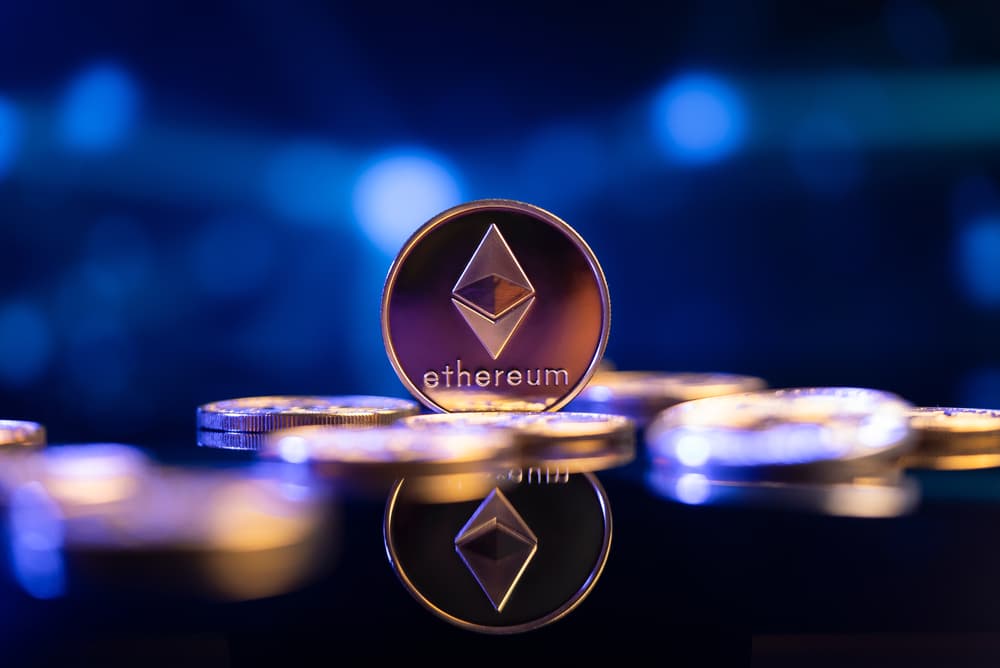
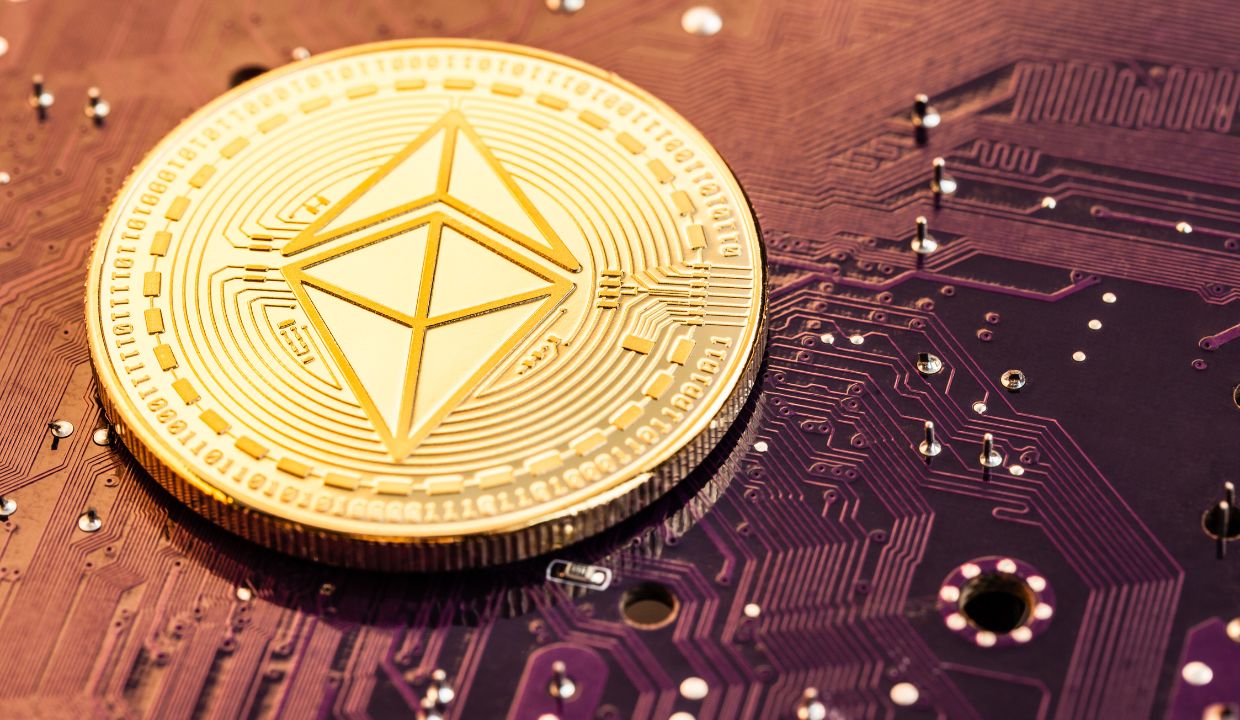
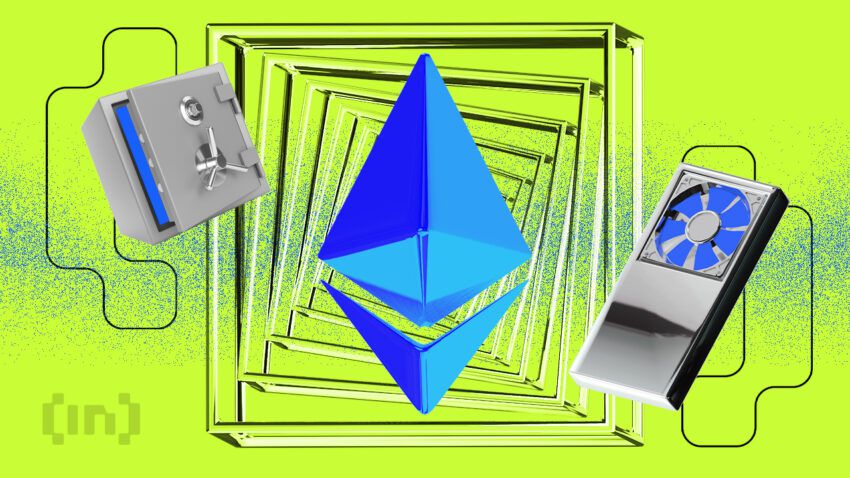
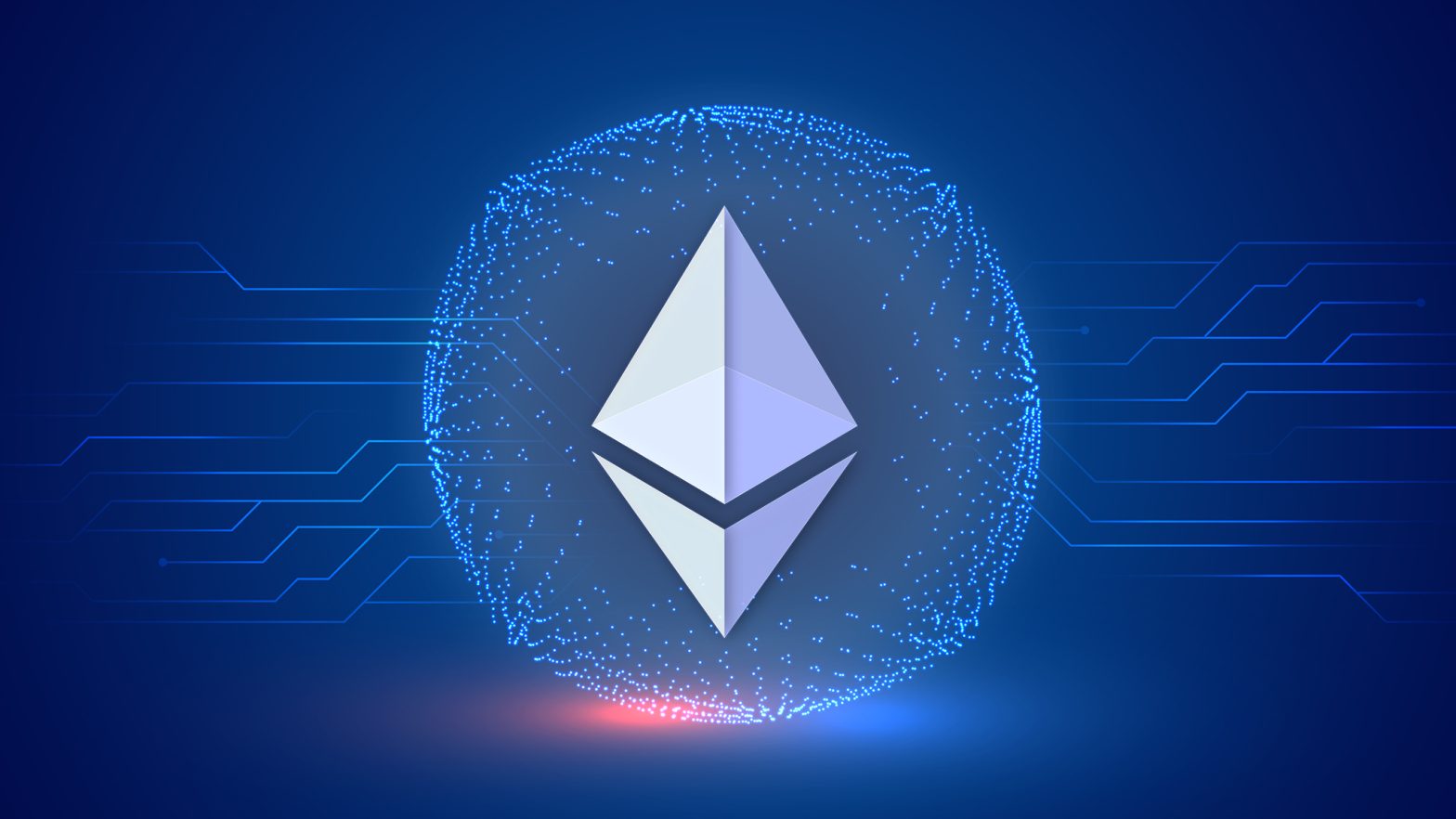
Leave a Reply